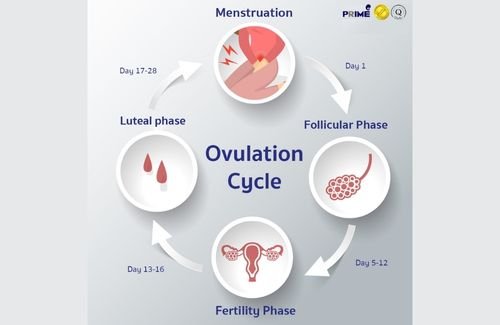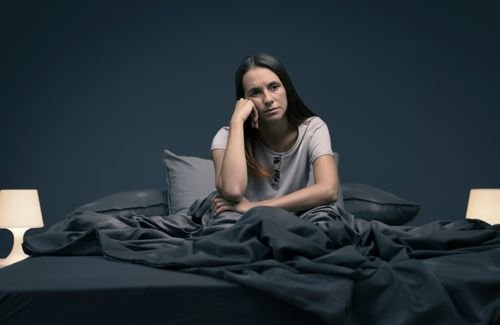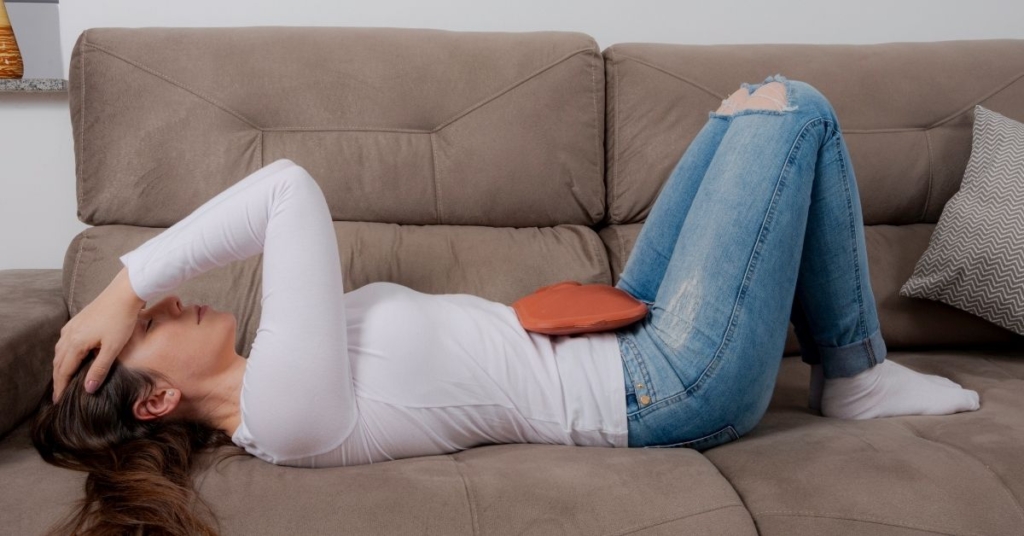Many of you may experience premenstrual syndrome (PMS) across the globe. You may not even require to remember the date when your periods will approach. Some tell-tale signs of menstruation are bloating, tenderness in the breast, and moodiness. Another strong PMS symptom is sleeplessness. You may be baffled that one out of ten women suffers from PMS.
Poor sleep is also a result of improper hormonal activity. Moreover, women are the primary sufferers. Some women experience very mild symptoms before their menstruation cycle begins. However, a few of you may experience more torrid symptoms. Insomnia in a woman is something that can create havoc in a woman’s life. Let us find out more about it in detail.
Also Read: 7 Science-Based Health Benefits Of Drinking Water
What Are PMS And Insomnia?
So, you already know by now that the former is a term that denotes premenstrual symptoms in women. And it affects women in more ways than one, including causing a lack of sleepiness. However, before you read about their connection, you must know about the menstrual cycle stages.
Menstrual stage: It starts on the first day of your period. The body is involved in discarding the extra uterine lining that it was forming to aid in pregnancy, along with the unfertilized egg.
The follicular stage:
Follicular stage is the next stage in which an egg cell develops inside the follicle. The phase lasts for 13 days on average.
Ovulation stage:
The mature egg is released from the ovary and usually takes place on the 14th day.
Luteal stage:
The stage lasts for around 2 weeks after ovulation. The luteal phase ends with menstruation if you do not conceive.
During each one of these stages, the hormones continuously change. The primarily active hormones are estrogen and progesterone. You must have experienced many symptoms. You should know that premenstrual syndrome relates to insomnia in many ways.

Physical and Emotional Changes
Some of the physical symptoms include bloating or a feeling of gassiness. Breasts may be swollen and tender to touch. Some women report experiencing stomach issues, like diarrhea. Some women also experience stomach cramps. Sadness, rise in anxiety levels, and changes in sex drive are pretty standard. However, you may also experience a lack of sleep. The changes may occur within a few hours to about ten days. When the symptoms are extremely bothersome, doctors term it a syndrome. Insomnia in women with PMS is quite common.
‘Statistics show that PMS and sleeplessness are inter-related. One out of four women, experience insomnia. Moreover, one out of seven women develop chronic symptoms of the disease, on a long-term basis.’
Why does PMS Affect Sleep Patterns?
Researchers are unsure why PMS causes a lack of sleep in women. Changing hormonal levels can be blamed. The sleep patterns change during the late-luteal stage. Hormone changes before and after menstruation may also harm the body’s sleep patterns. It mainly concerns melatonin production in the female body and its irregularities. The body temperature also causes numerous changes. The level of progesterone increases after ovulation, and it can lead to an increase in body temperature. You may suffer from fragmented sleep patterns as a result.

Additionally, melatonin is the hormone that regulates sleep patterns. The hormone levels are affected due to premenstrual syndrome, which leads to irregularities in sleep. Along with sleeplessness, some women also experience mood changes. Mood changes also lead to depression, which leads to insomnia. As many as 15% of women have heavy periods. It may lead the women to get up frequently at night to change pads or sanitary napkins, leading to sleep disturbances.
Steps To Alleviate the Issues:
While it may be inevitable, you can still take a few steps to ensure that you make up for all the lost sleep at night.
It would help if you avoided excess caffeine before and during your periods. This is an essential habit and self-care strategy that will help you to stay calm and composed. Develop a sleep schedule. Moreover, you can try relaxation techniques like meditation and yoga to eliminate the aftereffects of PMS. You can also take help from light therapy, which can rectify your circadian rhythms. You can also use a mattress protector if you are one of those women suffering from heavy periods.
If you do so, you will be saved from changing your sanitary napkin and pads in the middle of the night. Try to get some meditation after consultation with a doctor. It will help you to get the proper treatment. Moreover, it can be more of a psychological thing. So, it would help if you stopped stressing about the lack of sleep. Try taking an afternoon nap to compensate for the lost rest at night.
These are a few things that can help you to get back to normalcy.




One Response